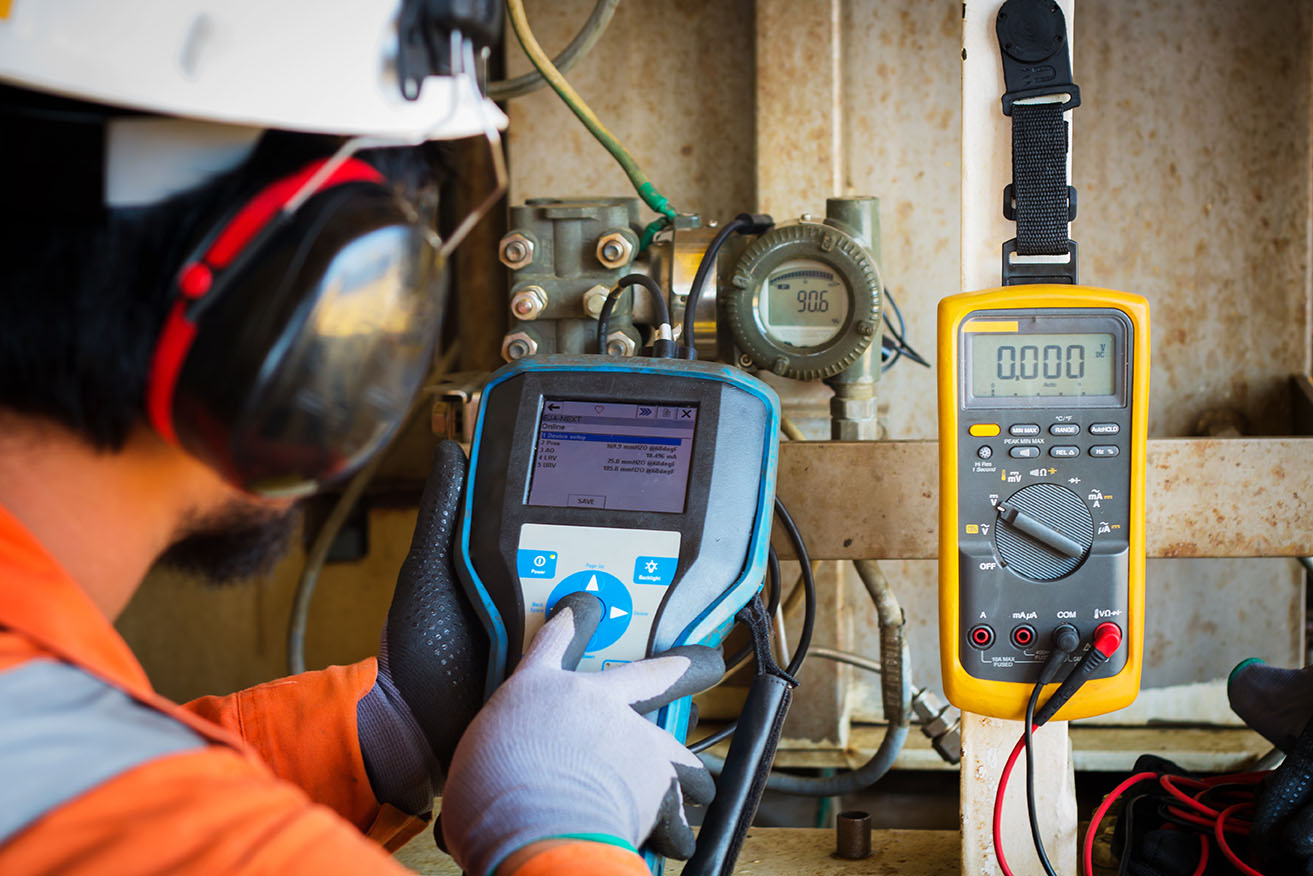

Calibrate means to adjust a measuring tool so that it gives accurate readings. This is done by comparing the tool's readings to known standards. For example, you could calibrate a thermometer by putting it in ice water and making sure that it reads 0 degrees Celsius.
In science, calibration is important because it ensures that your measurements are accurate. This is especially important when you are doing experiments because you want to be sure that your results are reliable.
There are many different ways to calibrate a measuring tool. The specific method that you use will depend on the type of tool that you are calibrating. However, all calibration methods involve comparing the tool's readings to known standards.
For example, to calibrate a thermometer, you would need to know the melting point of ice. You would then put the thermometer in ice water and make sure that it reads 0 degrees Celsius. If the thermometer does not read 0 degrees Celsius, then you would need to adjust it until it does.
Calibration is an important part of scientific measurement. By calibrating your measuring tools, you can be sure that your measurements are accurate and that your results are reliable.
The process of calibration is often done using a device called a calibrator. A calibrator is a device that has known standards for a particular measurement. For example, a thermometer calibrator would have known standards for different temperatures.
Calibration is usually done in a controlled environment, such as a laboratory. This is because the environment can affect the accuracy of the measurements. For example, the temperature of the environment can affect the readings of a thermometer.
Calibration should be done regularly, especially if the measuring tool is used frequently. This is because the accuracy of the tool can drift over time.
The scientist calibrated the instrument before using it.

Noun: Calibration.
Verb: To calibrate.
Adjective: Calibrated.
Adverb: Calibrating.
The word "calibrate" comes from the Latin word "calĭ ber", which means "a standard measure". The Latin word "calĭ ber" is derived from the Proto-Indo-European root *kel-, which means "to measure" or "to weigh".
What does calibrate mean?
Question:
A student is using a thermometer to measure the temperature of a liquid. The thermometer is not calibrated, so the student is not sure if the readings are accurate.
What is calibration?
Why is it important to calibrate measuring tools?
How would the student calibrate the thermometer?
Answer:
Calibration is the process of adjusting a measuring tool so that it gives accurate readings. This is done by comparing the tool's readings to known standards.
It is important to calibrate measuring tools because it ensures that your measurements are accurate. This is especially important when you are doing experiments because you want to be sure that your results are reliable.
To calibrate the thermometer, the student would need to know the melting point of ice. They would then put the thermometer in ice water and make sure that it reads 0 degrees Celsius. If the thermometer does not read 0 degrees Celsius, then they would need to adjust it until it does.
Address
Developing Experts Limited
Exchange Street Buildings
35-37 Exchange Street
Norwich
NR2 1DP
UK
Phone
01603 273515
Email
hello@developingexperts.com
Copyright 2025 Developing Experts, All rights reserved.